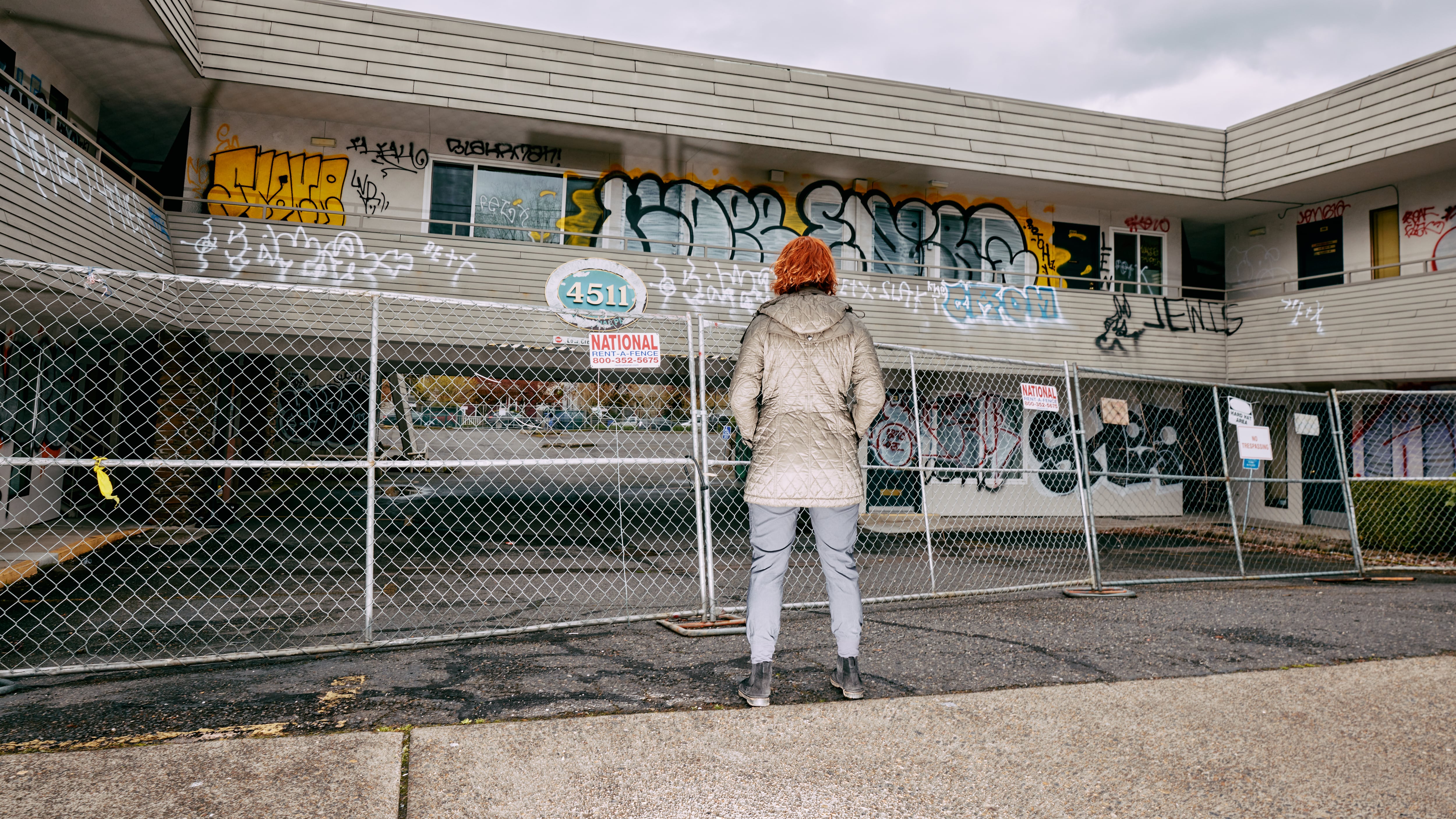The Oregon Legislature, responding to an outcry over deaths from fentanyl, passed a bill this week that criminalizes possession of small amounts, reversing part of Measure 110, which reduced personal use of the hyperpowered opioid to a violation carrying a $100 fine.
Both the Oregon House and Senate passed House Bill 2645 last week with near-unanimous bipartisan support. Republicans had introduced more ambitious bills that would have recriminalized other drugs but had to settle for one that took aim at the most notorious street narcotic of the moment.
“While I believe we must have real conversations surrounding Measure 110 reform, this bill allows us to start fighting this epidemic and will get fentanyl off our streets,” Rep. Jeff Helfrich (R-Hood River), one of the bill’s chief sponsors, said in a statement. Helfrich is a retired Portland Police Bureau sergeant.
Measure 110 aside, possession of small amounts of fentanyl, a prescription painkiller, dwells in an undefined area of Oregon law. Statute describes a felony for possession of 50 grams or more, but there is no misdemeanor charge, according to a staff summary of HB 2645.
“Oregon statute does not provide for a Class A misdemeanor charge for possession of fentanyl as it does for possession of similarly categorized controlled substances such as heroin, methamphetamine, and cocaine,” the staff summary says. “Additionally, statutes criminalizing possession of fentanyl require proof of specific quantities defined by weight and cannot be established by possession of ‘pills, tablets, capsules or user units.’”
HB 2645 establishes a misdemeanor penalty for fentanyl and describes unit measurements for calculating offenses. The bill makes it a misdemeanor to possess 1 gram of “a mixture or substance containing a detectable amount of fentanyl” or five “user units” of a drug that contains a detectable amount of fentanyl.
Police in Portland regularly arrest people with bags of “blues,” the pills that contain varying amounts of fentanyl, a synthetic opioid used for cancer-related pain that can be 100 times more potent than morphine. People crush the tablets, put the powder in tin foil, broil it with a lighter, and inhale the smoke with a straw. According to the U.S. Drug Enforcement Administration, just 2 milligrams of fentanyl—the size of a few salt grains—can be lethal.
“Oregonians know that fentanyl is an extremely dangerous drug, and we need all the tools in our toolbox to fight this epidemic,” Sen. Floyd Prozanski (D-Eugene), chair of the Senate Judiciary Committee, said in a statement. “This legislation will save lives and keep our communities safe,”
HB 2645 passed the House 52-1 with six representatives excused. It passed in the Senate 25-0 with five senators absent. It now goes to Gov. Tina Kotek for her signature.
The only “no” vote in either chamber came from Rep. Farrah Chaichi (D-Beaverton), 37, who also sponsored the controversial Oregon Right to Rest Act, which would grant people who are homeless equal access to public spaces.
Separately, lawmakers in both chambers passed House Bill 2395, which will deploy the opioid overdose-reversal drug Narcan in schools and grocery stores across the state and legalize fentanyl testing strips, which can tell drug users if the substance they’re about to consume contains fentanyl.
Correction: A previous version of this story stated that HB 2645 criminalized 1 gram of fentanyl. It criminalizes much smaller amounts: possession of 1 gram of “a mixture or substance containing a detectable amount of fentanyl” or five “user units” of a drug that contains a detectable amount of fentanyl.

